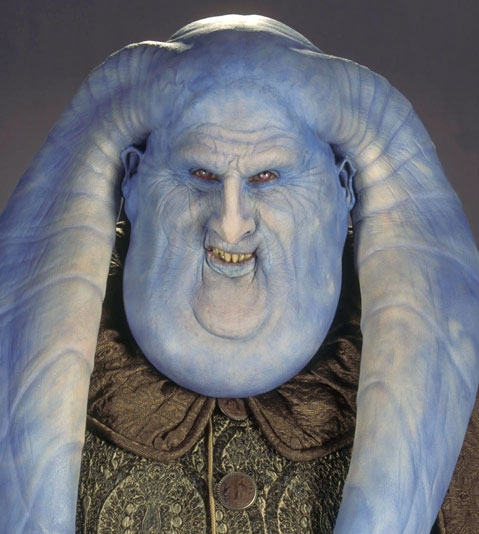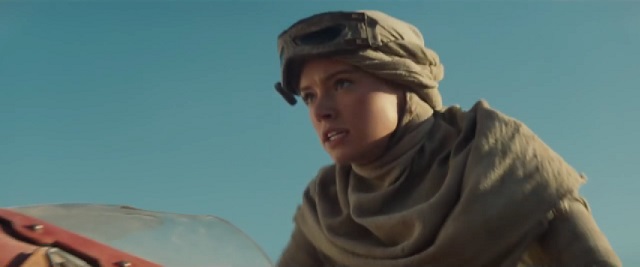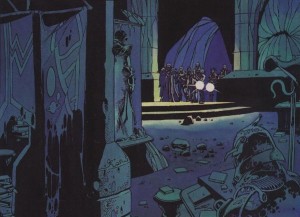 What do we accept as canon, how do we perceive canon, why does it matter? It matters because there are things we aren’t willing to give up. Those don’t have to be large elements; it may be something small, concepts, ideas, whatever it is that really makes Star Wars what it is. Our relationship as fans with the Star Wars canon has varied over the years, and now that we definitely know what is and isn’t canon, that doesn’t necessarily make it easier for us to feel at peace with it. It feels like we’re living in a blended universe nowadays, where there is a possibility of many things becoming canon even if little is set in stone.
What do we accept as canon, how do we perceive canon, why does it matter? It matters because there are things we aren’t willing to give up. Those don’t have to be large elements; it may be something small, concepts, ideas, whatever it is that really makes Star Wars what it is. Our relationship as fans with the Star Wars canon has varied over the years, and now that we definitely know what is and isn’t canon, that doesn’t necessarily make it easier for us to feel at peace with it. It feels like we’re living in a blended universe nowadays, where there is a possibility of many things becoming canon even if little is set in stone.
One of the best terms I’ve heard lately is “shadow canon.” There are plenty of ideas in Star Wars that haven’t been formally canonized, plenty of events not mentioned, but the references to them are plain. Clearly, there are some things that may have survived the great Legends announcement mostly intact, but may never be mentioned as such. Simply put, there are enough good ideas from Legends that it’s worth it to allow some things to make their way into canon, even if a bit indirectly. It brings a sense of unity and allows for the selection of the best elements of older canon. You can’t do a complete reboot without maintaining some of the original features of the story, and the small things being brought into new canon help Star Wars feel less empty.
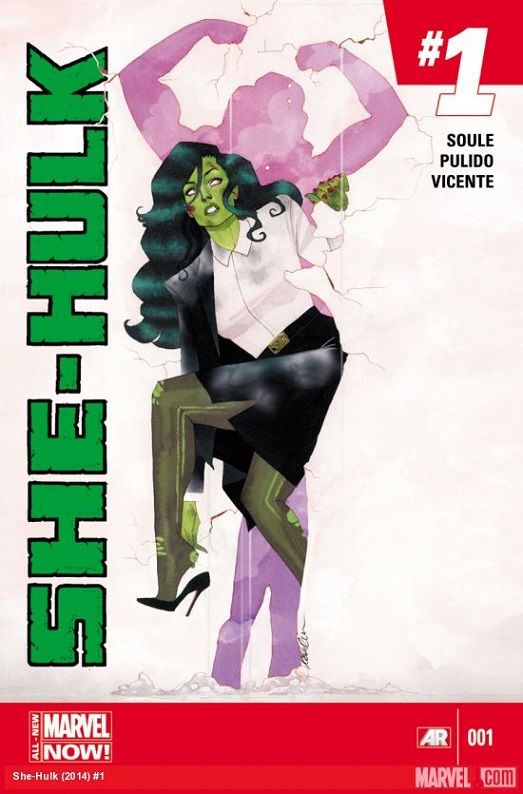 In David Schwarz’s series Meet the Marvels, he’s been spotlighting the previous work of Marvel’s current slate of Star Wars writers, including Star Wars‘s
In David Schwarz’s series Meet the Marvels, he’s been spotlighting the previous work of Marvel’s current slate of Star Wars writers, including Star Wars‘s 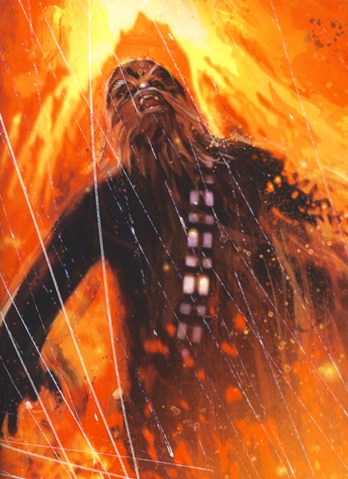 With apologies to Roxy Music’s “Love Is The Drug”:
With apologies to Roxy Music’s “Love Is The Drug”: